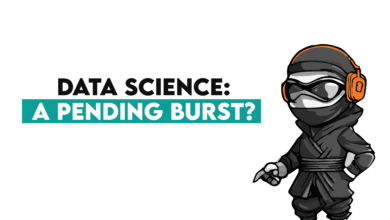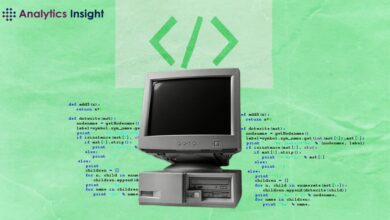A Deep Dive into Personalized Learning

By Muddassar Nazar
Artificial intelligence (AI) has revolutionised every facet of human life in the rapidly changing modern world, altering how people interact, learn, and work. Artificial Intelligence (AI) is one of the most significant technology advances of the past few years. AI is becoming an increasingly important part of the changing landscape of education, revolutionising traditional teaching approaches and closing the achievement gap. For parents, educators, and school administrators who want to establish an inclusive and equitable learning environment, it is imperative that they comprehend the crucial role artificial intelligence plays in this process.
AI-powered solutions that use data analysis and machine learning algorithms can personalise education by offering customised training, real-time feedback, and adaptive exams. This enhances each student’s educational experience to the fullest. UNESCO is committed to supporting Member States in leveraging AI technologies to achieve the Education 2030 Agenda, while ensuring that the fundamental principles of inclusion and equity guide their application in educational settings. This is because of the associated advantages. Now let’s explore the application and use cases of AI in education to obtain new perspectives.
Use Cases of AI in Education
AI has several uses in education, changing how teachers instruct, how students learn, and how educational institutions operate. By 2024, 47% of India’s learning management tools and resources will be AI-integrated, according to a Business Today analysis. This indicates the growing need for AI-driven technology from knowledge providers as well as learners. An outline of a few AI-related application cases in education is provided below:
Mentoring Systems: AI-powered educational programmes employ complex calculations to give students personalised, in-the-moment feedback. The AI assesses students’ responses as they engage with educational materials, identifies problem areas, and adjusts explanations to enhance comprehension. This customised method corrects the acquisition rate, hence filling in knowledge gaps.
Integrated Screening and evaluating: These systems enable fair evaluation, enhance the quality of instruction, and promote fruitful student-teacher collaboration. AI evaluates student work and produces prompt, consistent judgments, which streamlines the grading process. Its effectiveness also makes it possible to provide rapid feedback, which enhances the learning process.
Virtual Assistants: AI-powered chatbots and virtual assistants are critical for improving students’ learning experiences. These sophisticated devices provide immediate assistance, guiding children through homework assignments, answering questions, and providing vital feedback. These technologies provide help beyond conventional class schedules by being available around the clock and responding to students’ needs at all times.
Interactive video games: AI can support the creation of engaging learning experiences through interactive and educational games. Challenges, simulations, and virtual environments are all included in learning systems driven by generative AI for games to promote cooperative learning, active learning, and problem-solving skills.
Personalised Formation: Educational systems may be able to offer every student a customised learning experience through the use of AI. Moreover, the system can adjust to the unique way that every learner absorbs information by utilising technologies like machine learning, which reduces cognitive load.
Streamlined Tasks: In addition to providing individualised education, AI handles crucial tasks like organising research papers, grading exams, assigning homework, administering reports, and even creating presentations and notes. Artificial intelligence facilitates the acquisition of knowledge and increases its efficacy by automating routine tasks.
Evaluation: In order to control online exams, stop cheating, and promote equity, artificial intelligence is a crucial instrument. It reduces the effort for teachers by utilising advanced monitoring and verification techniques, freeing them up to focus on the quality of the examinations. It helps maintain the integrity of the assessment process by giving students a secure and equitable testing environment.
It is clear from the aforementioned use examples that artificial intelligence (AI) technology has the potential to revolutionise teaching and learning in the education sector. A future where learning is not just highly engaging, dynamic, and ever-changing, but also highly personalised, is promised by the integration of AI with education. Additionally, students can ensure that technology serves as a beneficial aid rather than a hindrance to their academic development by employing AI sensibly and sparingly.
(The author is Muddassar Nazar, CEO, Birla Brainiacs, and the views expressed in this article are his own)



